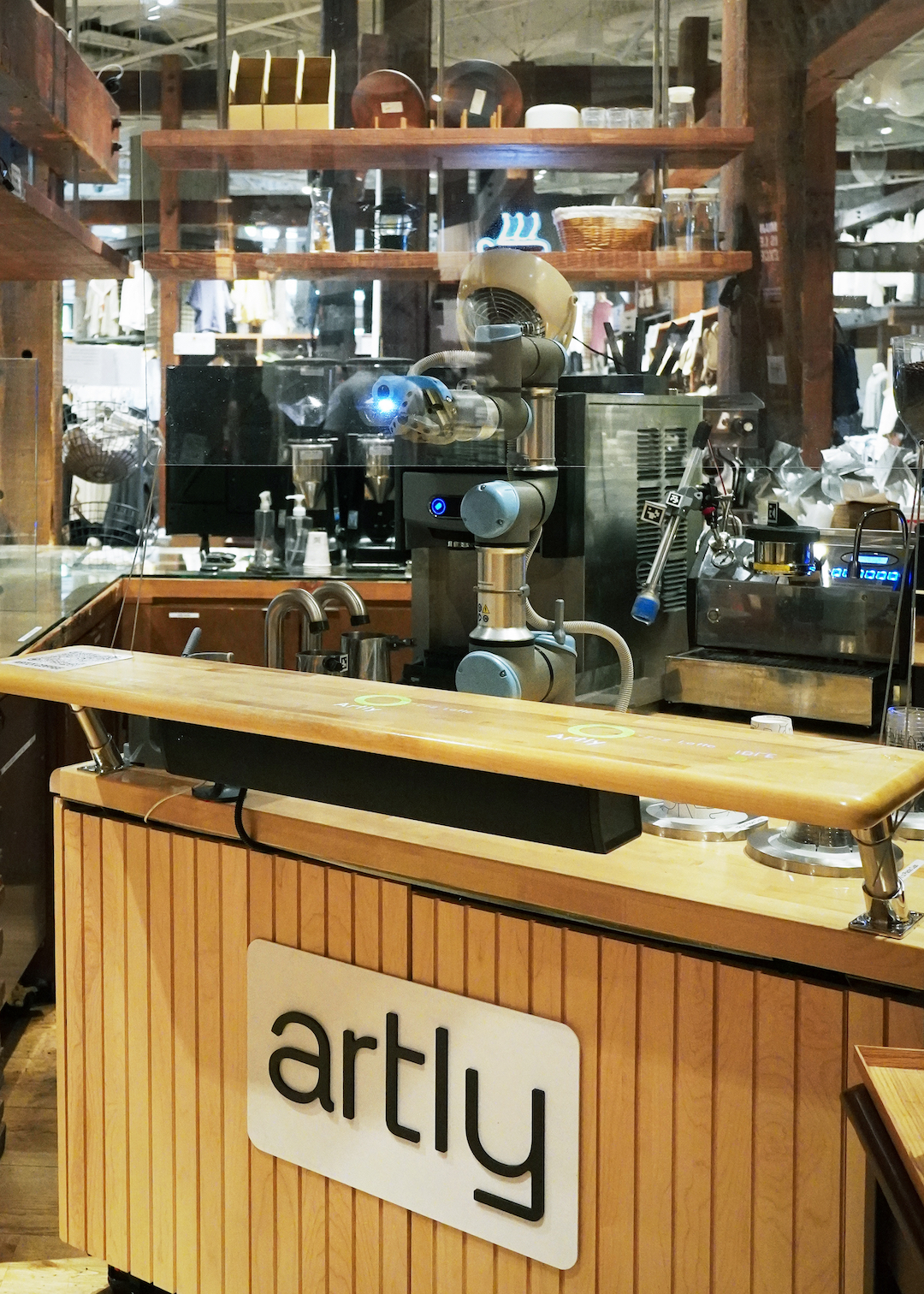Artly AI was born from an ambition to merge artificial intelligence with the physical world in a meaningful way. The company’s founders, Yushan Chen and Meng Wang, first crossed paths at Boston University, where they were both pursuing PhDs in computer science. Their shared passion for AI, robotics, and solving real-world challenges laid the foundation for what would become Artly AI.
Before Artly, Yushan and Meng co-founded Orbeus. Together, they developed Rekognition, one of the earliest cloud-based facial recognition services, and Phototime, an AI-powered photo organization app. As an early entrant in the AI space, Orbeus soon caught the attention of Amazon, which eventually acquired the company.
As part of the Amazon acquisition, Meng became Tech Lead for AWS AI Services, where he developed scalable machine learning products. In parallel, Yushan led product management for Amazon Photos and later for Alexa. Amid their success in their respective roles, the duo was increasingly drawn to a new challenge: bringing AI into the physical world, where it could not only process information but also see, move, and interact with people in real time.
When they set out to fulfill this dream, they knew that they had to start with a problem that was both practical and valuable in everyday life. After all, technology should meet an existing need rather than invent the problem. After much rumination, they finally decided on coffee as a starting point, a drink that has sustained them through countless all-nighters. And thus, Artly AI was born.
Coffee was an attractive choice because it is a high-frequency but low-cost product. This means that people purchase it often, yet its price point remains affordable. More importantly, making a great cup of coffee is a highly intricate process—a craft that, if done well, would demonstrate the benefits and practicality of AI-driven robotics in the real world.
For Yushan and Meng, automation was secondary to replicating the craftsmanship of a professional barista. This belief shaped the development of Artly’s Barista Bot, a robotics platform designed to grind, tamp, steam, and pour with the precision of an expert. Rather than relying solely on programmed motions, the system was trained using motion capture data from world-class baristas, combined with deep learning, allowing the robot to learn through experience just like a human barista would.
A key design decision was choosing a robotic arm that’s both powerful yet can safely operate in close proximity to humans. Unlike vending machines that enclose the process behind a glass wall, Artly’s robots were designed to be open and interactive. Customers could watch the robotic arm in action, which provided a much more engaging experience, much like interacting with a human barista.
To adapt to overly curious patrons who might reach out to touch the robot, the Artly team developed a visual feedback system that allowed the robot to adapt to changes in real time. This system made it possible to keep the robot working consistently even in complex, dynamic settings, such as airports, retail stores, restaurants and university campuses.
On the digital side, Artly’s Vision-Language-Action (VLA) AI model provided exceptional software flexibility. Instead of requiring manual programming for every new coffee recipe, the Barista Bot could quickly adapt to new processes, automatically generating action sequences based on a menu update. This allowed Artly to evolve and expand offerings without requiring expensive hardware modifications—new recipes could be pushed to robots via software updates, much like a smartphone app.
Since its launch, Artly has served over a million cups of coffee, earning praise for its consistency and quality. Rather than competing on cost alone, the company has invested in high-quality ingredients, ensuring that its drinks are both convenient and delicious.
Today, Artly’s robotic coffee bars operate across retail stores and corporate campuses in the United States. The company is also collaborating with Boston University and the University of Maryland to advance research in robotic control and manipulation, further pushing the boundaries of embodied AI.
With Yushan leading product and AI strategy and Meng shaping the company’s growth, the Artly team has grown to more than 20. Barista Bot has become a star as well, having been adopted by major brands including Microsoft, MUJI, Salesforce, and many others.
Of course, there’s a bumpy road behind every success story. Despite Yushan and Meng’s innovative minds, coffee’s logistics, navigating diverse floor space requirements, and finding the right coffee talent still threw them a curveball. But quitting never occurred to them; as the adage goes, the only way out is through.
Today, Artly continues to make its technologies more capable and intelligent. However, no matter how far it grows, its mission will always be to bring AI out of the lab and into everyday life—one cup of coffee at a time.







